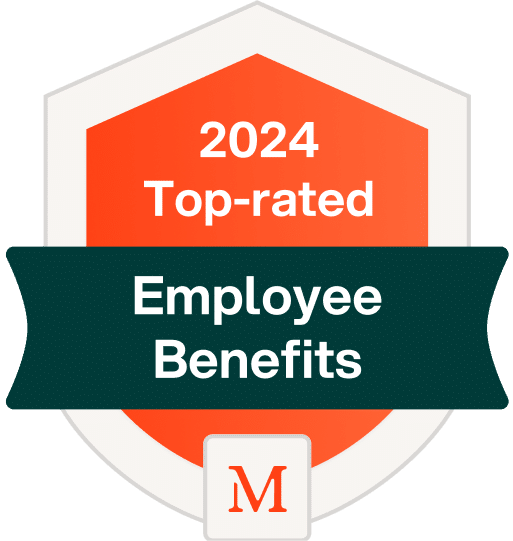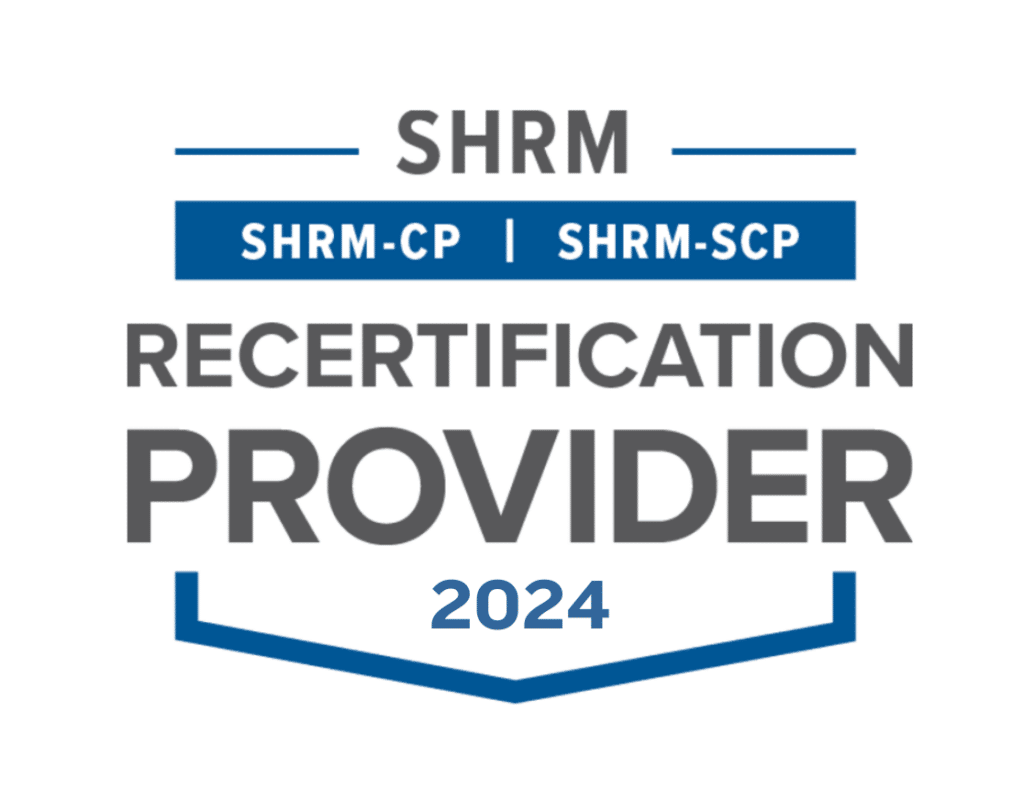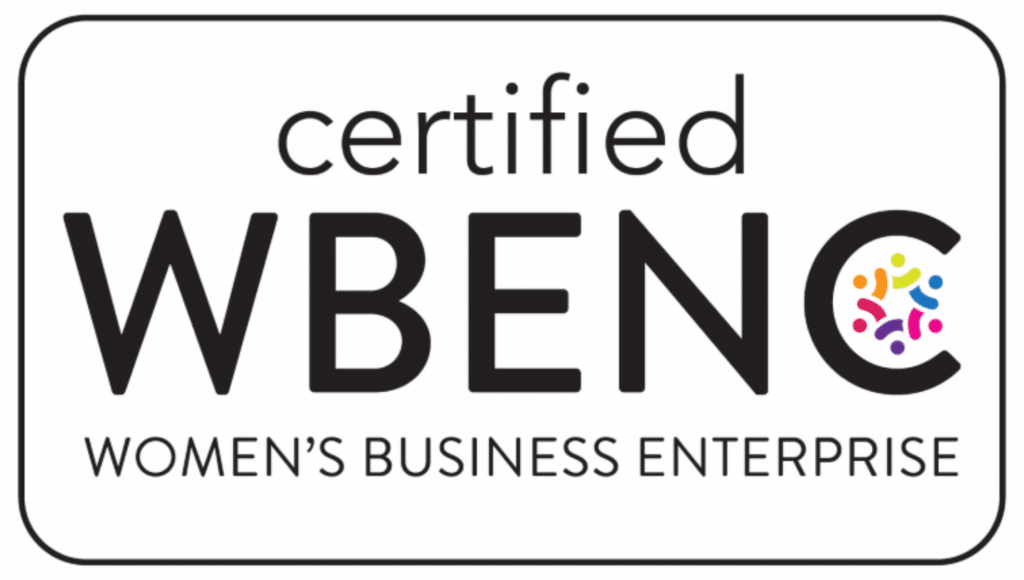The Internal Revenue Service (IRS) released Rev. Proc. 2023-17, which outlines the inflation adjustments for the employer shared responsibility payments (ESRP) under the Affordable Care Act (ACA). Under the ACA’s pay or play rules, applicable large employees (ALEs) must offer affordable minimum-value health coverage to their full-time employees or be subject to a penalty. There are two penalty types that may be assessed in the event of non-compliance.
- 4980H(a): The IRS issues a 4980H(a) penalty when an organization fails to offer Minimum Essential Coverage (MEC) to substantially all (at least 95%) of its full-time employees for any month during the year and has at least one employee obtain a Premium Tax Credit (PTC) / subsidy from the Exchange. This violation is assessed per employee.
- 4980H(b): The IRS issues a 4980H(b) penalty when an organization offers coverage to substantially all (at least 95%) of its full-time employees; however, the coverage was either unaffordable, not minimum value, or both, and at least one full-time employee received a PTC / subsidy from the Exchange. This penalty is assessed on a per-violation basis.
For plan years beginning on or after December 31, 2023, the penalty for violating 4980H(a) will be $2,970 per employee (an increase from $2,880 in 2023), and a violation of 4980H(b) will result in a fine of $4,460 per violation (an increase from $4,320 in 2023).
Employers will need to be mindful of the increased penalty as they begin to plan for their 2024 benefits, or they run the risk of being subject to substantial penalties. Further, the increased penalty amount emphasizes the importance of accurate 1094 and 1095 filing and reporting to the IRS. At this time, the affordability threshold for 2024 has not been released; however, if the decreased affordability threshold for 2023 was any indication of the future, employers will need to be cognizant of the cost of their benefits to ensure compliance.





